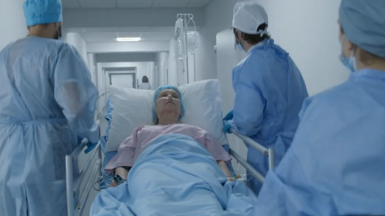Risk Assessment Brazil 2014 FIFA World Cup, 12 June–13 July 2014
The aim of this document is to assess the health risks related to communicable diseases and other health threats for European citizens during their stay in Brazil for the 2014 FIFA World Cup (‘Brazil 2014’) and the public health implications for European countries after the travellers’ return to Europe. In addition, the document assesses the risk of disease importation from Europe to Brazil. This report provides the basis for ECDC’s monitoring of health threats during the 2014 Brazil World Cup.
Erratum - 11 June 2014 - the text in the Conclusions box was amended to clarify the conclusions, as the original formulation was found to beunintentionally misleading.
Executive Summary
ECDC is enhancing its epidemiological intelligence surveillance during the FIFA World Cup 2014 in Brazil so that public health threats can be detected early and timely interventions made. Routine epidemic intelligence activities will be enhanced by expanding the information sources monitored, using a targeted and systematic screening approach and tailoring tools (i.e. MediSys).
ECDC will be sharing this information with the relevant public health partners including the European Commission, WHO and Brazilian Ministry of Health. Similar enhanced surveillance was conducted for the Olympic Games in London in 2012 and the UEFA European Championship in Poland and Ukraine in 2012.
What is the risk to EU travellers
ECDC has conducted a risk assessment to identify which infectious diseases present the biggest risks to Europeans visiting Brazil during the tournament and the public health implications for European countries after the travellers’ return. In addition, the document assesses the risk of disease importation from Europe to Brazil. This assessment provides the basis for ECDC’s monitoring of health threats during the 2014 Brazil World Cup.
Visitors from the EU to the 2014 World Cup in Brazil will be most at risk of gastrointestinal illness and vector-borne infections. Therefore, they should pay attention to standard hygienic measures to reduce the risk of gastrointestinal illness and protect themselves against mosquito and other insect bites using insect repellent and/or wearing long-sleeved shirts and trousers. They are also urged to take malaria chemoprophylaxis and be vaccinated against yellow fever, if travelling to risk areas, be fully vaccinated according to their home immunisation schedule and those advised by health authorities in Brazil, in particular hepatitis A. EU travellers should also avoid unprotected sexual contact.




